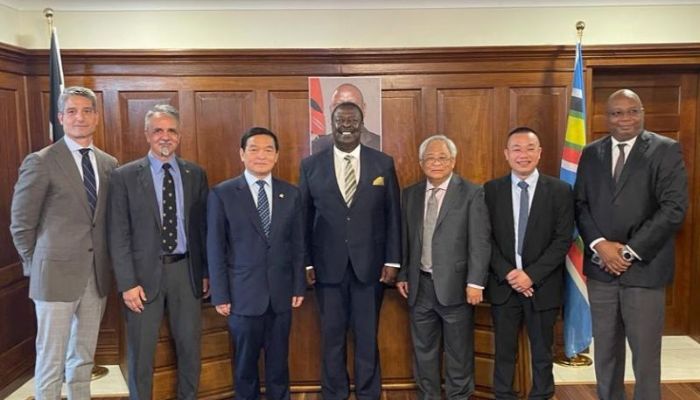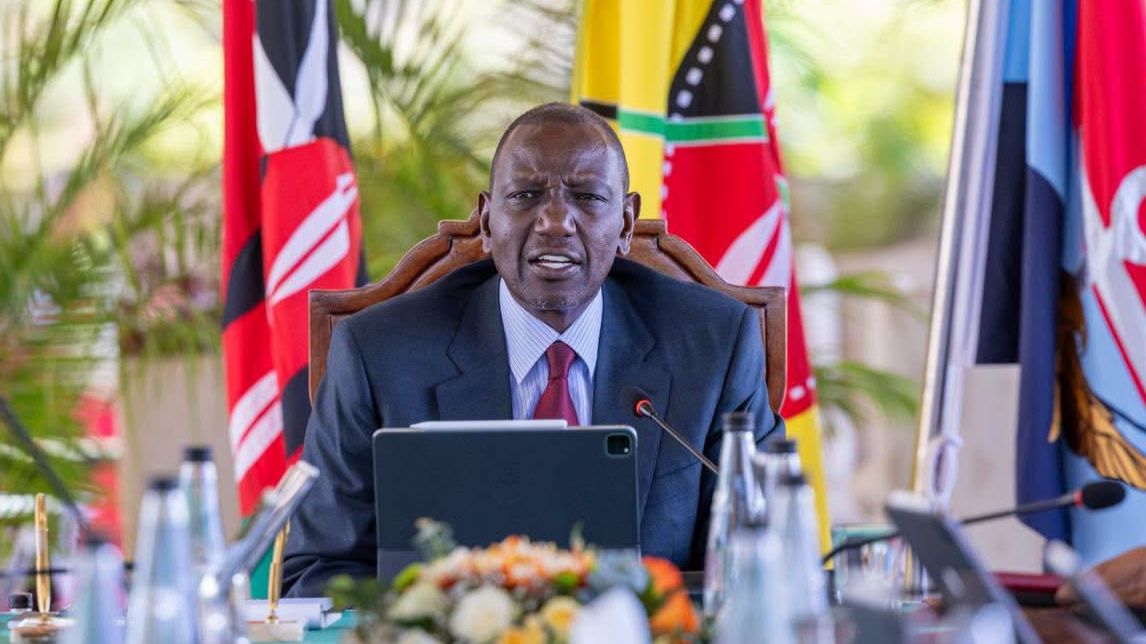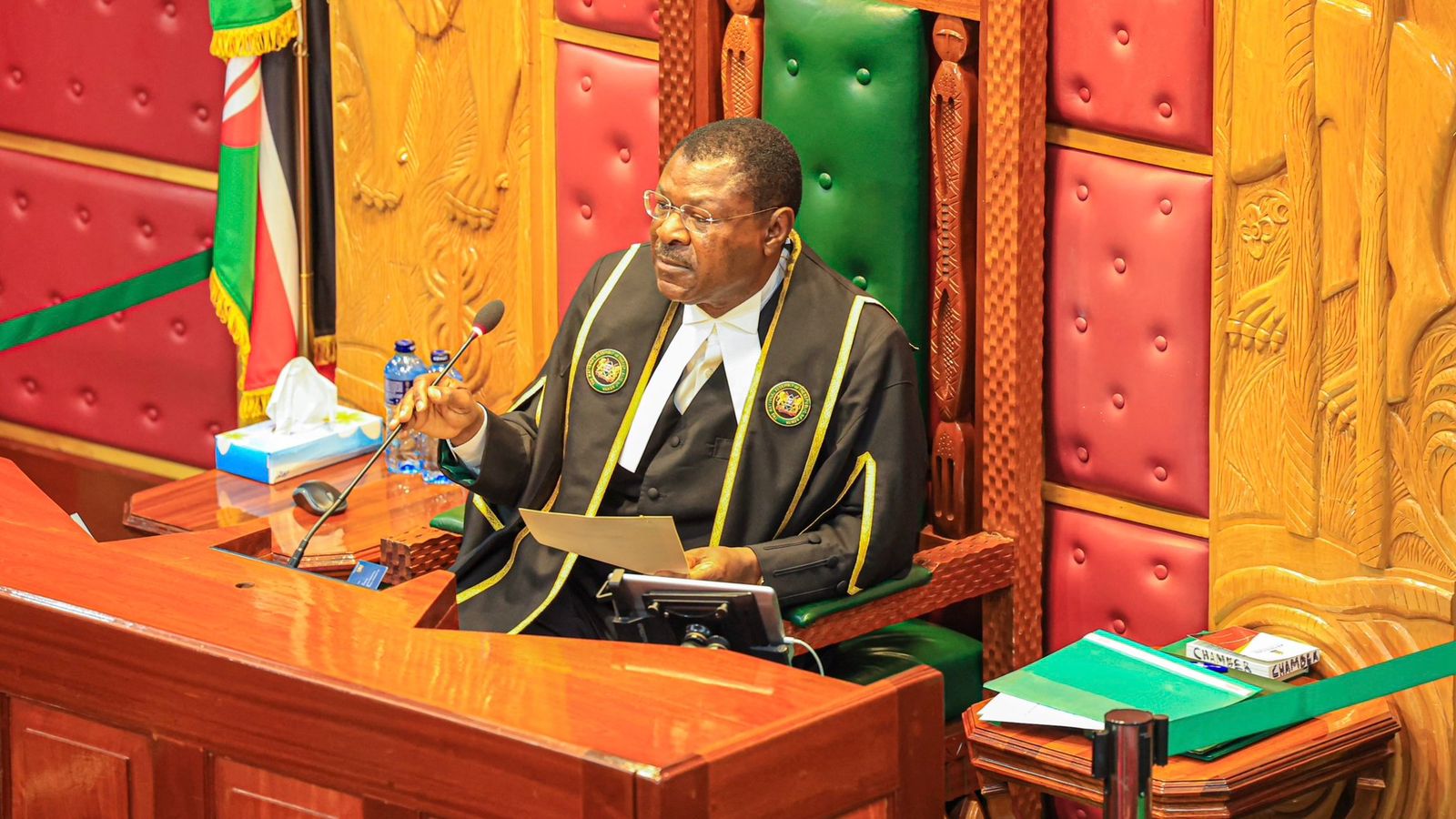Vietnam Gas President Doanh Chau has faulted President William Ruto's administration for its affordable housing plan that saw the introduction of the Housing Levy.
In a statement dated Tuesday, May 20, Chau opined that the implementation of the Housing Levy was economically regressive.
He expressed that the move was structurally flawed, given that Kenyan workers were being overburdened by taxes.
"Taxing the employed to fund state-led housing construction is not only economically regressive, it is structurally flawed," he wrote on his LinkedIn page.
"Public housing schemes, without transparency and strong institutional capacity, often produce substandard results: poor quality units, misallocation of funds, and socially isolated communities. We've seen this pattern across many countries, and Kenya risks repeating it."
Read More

According to Chau, the best approach for the government would have been to provide incentives for the private sector to build the houses.
"The true role of the government is to enable, not replace, private development. That means: Investing in public works: roads, water, sewage, and transit; creating master plans and zoning that serve the public interest and streamlining approvals and ensuring land access," he added.
"Let’s stop turning housing into a political tool and start building frameworks that actually work for the people."
This is the second time that Chau has faulted the government.
In April, the Gas President called out leaders in Kenya, asserting that they were more focused on giving polished talk than execution.
“I met with Prime Cabinet Secretary Musalia Mudavadi and President William Ruto in Nairobi. They spoke with energy about Kenya’s future investment, infrastructure, and public housing. But behind the polished language was a painful truth: there is no serious execution culture," he stated then.
“Kenya’s real problem is not a lack of money or talent. It’s the absence of long-term vision and the dominance of short-term gain. Leaders talk big, but systems don’t move. They wait for outsiders to bring business, rather than build an environment for it."

-1770784420.png)



-1746604065.jpg)
